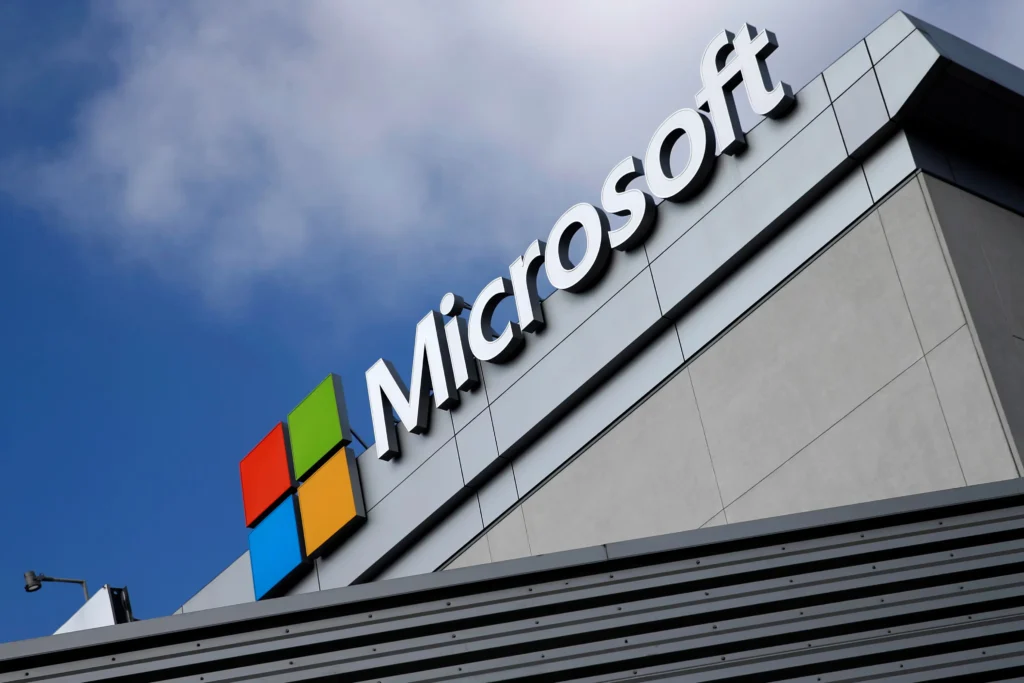The question of is SaaS the future of the software industry is one that many business leaders and tech experts consider already answered. Software-as-a-Service, or SaaS, delivers applications over the internet through a subscription. This model has completely changed how we all use software. Because of its flexibility and low cost, SaaS is now the standard way businesses operate. However, the story doesn’t end here. A new chapter is being written with artificial intelligence (AI). Therefore, the future of SaaS will be smarter, more personal, and more connected than ever before.
Why People Ask, “Is SaaS the Future of the Software Industry?”
The incredible growth of the SaaS market clearly shows its value. Market forecasts show strong and steady expansion for years to come. In fact, some reports predict the global SaaS market could reach an amazing $908.21 billion by 2030. This growth happens because more companies are switching from old on-site software to cloud services. This move is a key part of their digital transformation plans.
The main benefits that powered this growth are still very important. For businesses, SaaS removes the need for big upfront costs for hardware and software licenses. Instead, they pay a predictable monthly or yearly fee. This subscription model has made powerful software available to everyone. Consequently, even small and medium-sized businesses can now use tools that were once only for large corporations. The core reasons people believe is SaaS the future of the software industry lie in these powerful, democratizing benefits that continue to drive adoption across all sectors.
Core Benefits Driving SaaS Dominance
The appeal of SaaS is easy to understand when you look at its core advantages. These benefits directly address the challenges of traditional software.
- Scalability: SaaS allows companies to easily change their plan as their needs grow or shrink. This flexibility is perfect for businesses in any stage of development.
- Accessibility: Since applications are on the cloud, they support the modern need for remote and hybrid work. Teams can connect and collaborate from anywhere in the world.
- Security: In the past, security was a big worry for cloud software. Now, it has become a major selling point. SaaS providers often offer better security than most companies can manage on their own.
The AI Revolution: Redefining Why SaaS is the Future
The single biggest trend shaping SaaS today is artificial intelligence. AI is not just another feature; it is becoming a core part of modern software. It powers a new wave of smart, predictive, and personal user experiences. The conversation is shifting from if is SaaS the future of the software industry to how AI will define that future. Experts believe nearly every new software product will include AI by 2025.
For instance, AI in SaaS shows up in several powerful ways. AI systems can look at user data to create custom experiences, from unique interfaces to special recommendations. This makes users happier and more engaged. Additionally, platforms with AI can offer predictive insights. A CRM tool can predict which customers might leave, while a marketing tool can guess how well a campaign will do. This helps businesses become proactive instead of reactive. Understanding how artificial intelligence is revolutionizing various sectors provides a clear blueprint for its impact on SaaS.
Answering “Is SaaS the Future of the Software Industry?” with Key Trends
Beyond the huge impact of AI, several other key trends are shaping what comes next for SaaS. These trends show that the industry is not just growing, but also maturing and specializing. Because of this evolution, it becomes even clearer that is SaaS the future of the software industry is a question with a definite ‘yes’ as the answer. These developments are making SaaS more powerful and specific to user needs.
Emerging SaaS Models and Platforms
The SaaS landscape is constantly evolving. As a result, new models are appearing to meet very specific market demands. These trends are critical to understanding the industry’s direction.
- Vertical SaaS: There is a big demand for software made for specific industries. These ‘vertical’ platforms are designed for the unique needs of sectors like healthcare, finance, or construction. They offer deeper and more effective solutions than general-purpose software.
- Micro-SaaS: Another important trend is the rise of small, niche products that solve one specific problem very well. Often built by small teams, these focused tools can be very successful due to low costs and dedicated user bases.
- Low-Code and No-Code: These platforms allow people without technical skills to build their own apps. This trend is making software development more accessible and is a bit like learning how to build a high-end gaming PC from a kit—it empowers creators. By 2025, it’s expected that 70% of new apps will be built this way.
Security and Customer Focus: Pillars for the Future of SaaS
In a very crowded market, focusing on the customer has become essential. SaaS companies are working harder than ever to make sure their clients succeed. This includes offering proactive support, helpful onboarding, and truly understanding what customers need to achieve their goals. A happy customer is more likely to stay, which is why customer success is now a top priority for most providers.
Additionally, as more businesses rely on SaaS, security becomes even more important. The risk of data breaches and cyber attacks is a serious concern. Therefore, SaaS providers are under great pressure to build strong security features. This means implementing tight access controls, encrypting data, and having systems to prevent data loss. Strong security is no longer an option; it’s a requirement for building trust and ensuring the long-term health of the SaaS model.
The Final Verdict: Is SaaS the Future of the Software Industry?
The old way of buying and installing software on-premise is quickly becoming a thing of the past. The agility, affordability, and constant innovation of the SaaS model have cemented its place as the industry leader. While AI is causing a major shift, it is not a threat to SaaS. Instead, it is the catalyst for its next great evolution. The overwhelming evidence confirms that is SaaS the future of the software industry is a question that points to a future that is intelligent, automated, and deeply integrated into our lives.
In conclusion, the future of software is more than just a service. It will be an intelligent partner that helps us in our professional and personal lives. The companies that will lead this new era are those that use AI and other new technologies to deliver real value and amazing experiences. The journey of SaaS is far from over; in many ways, it’s just beginning.

